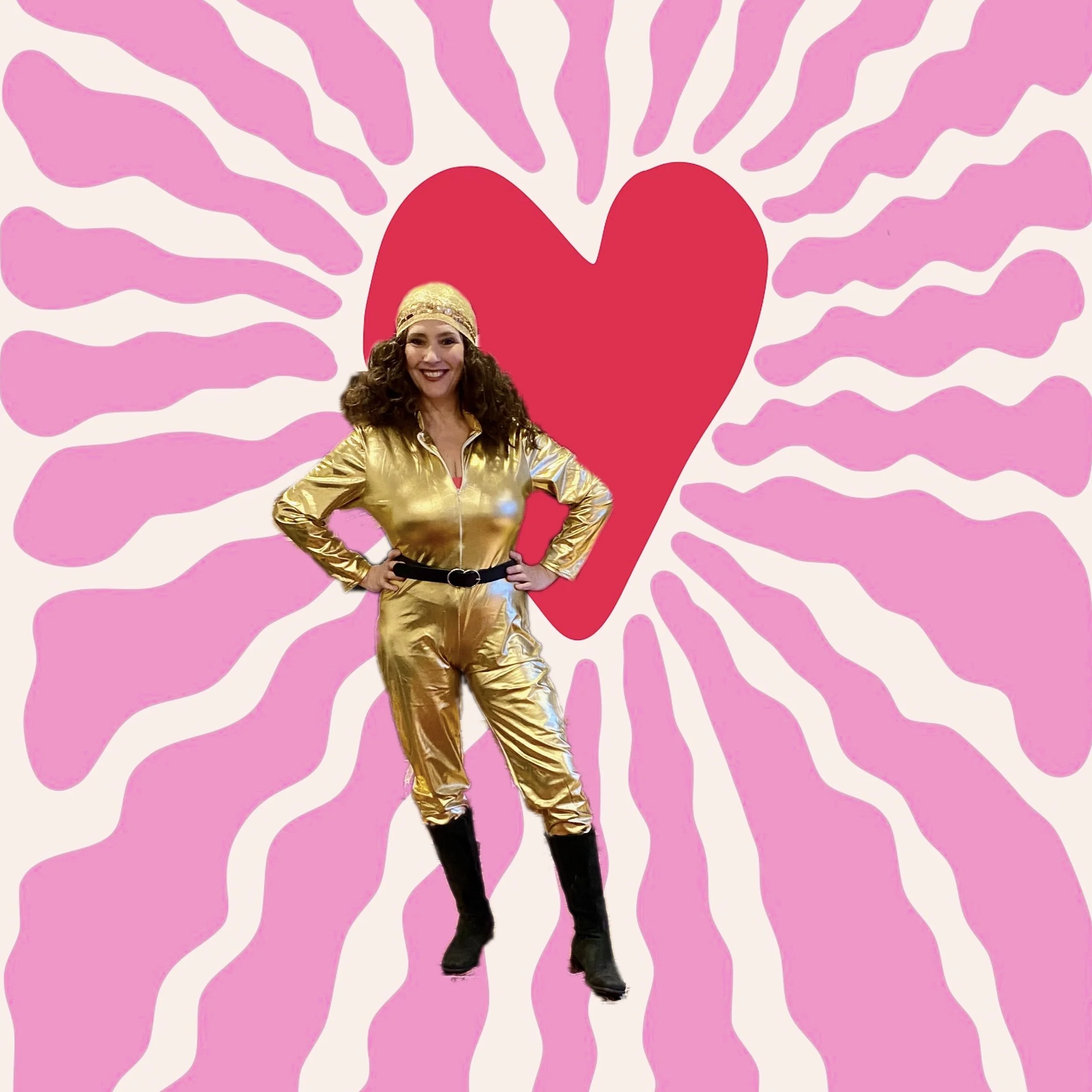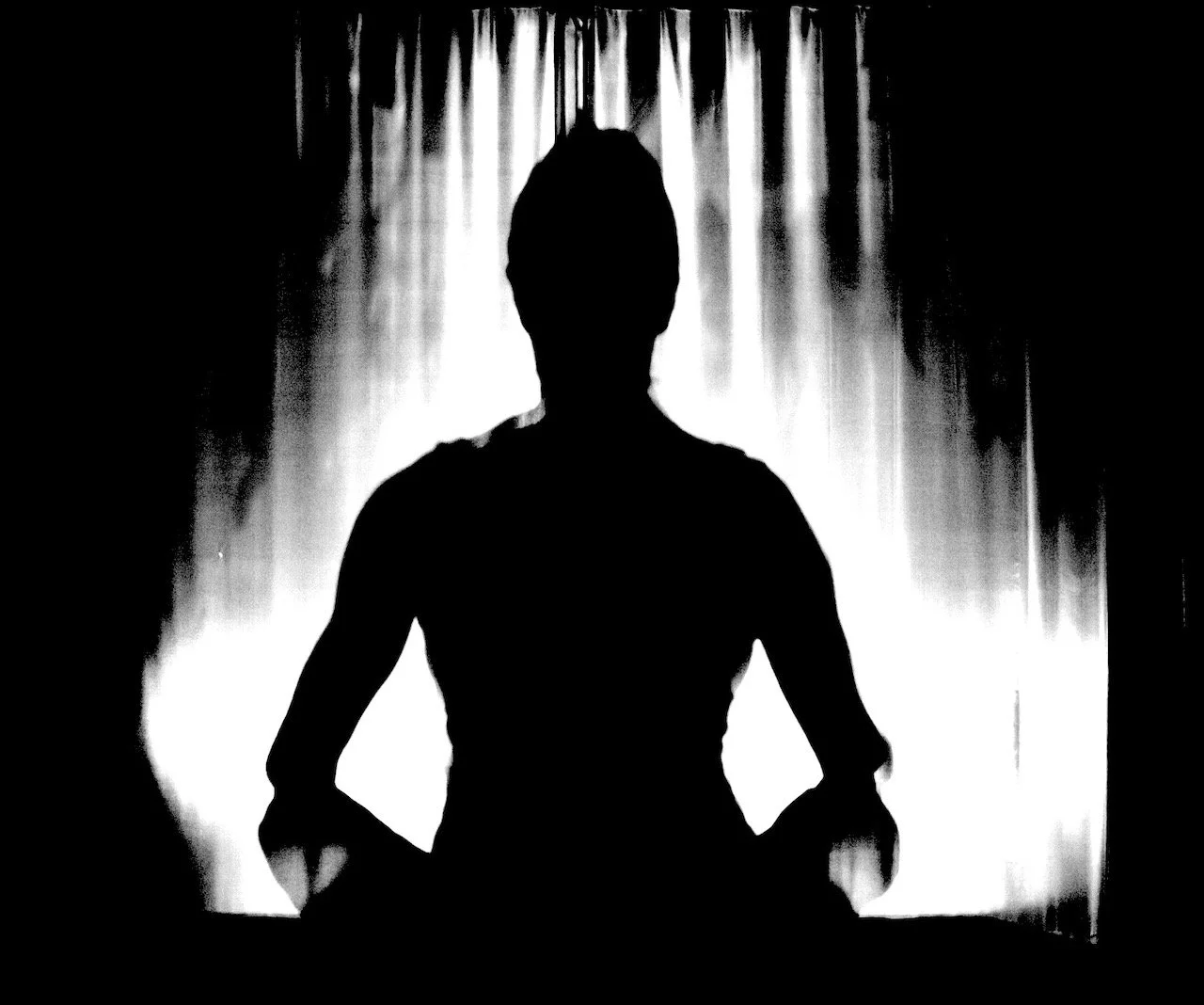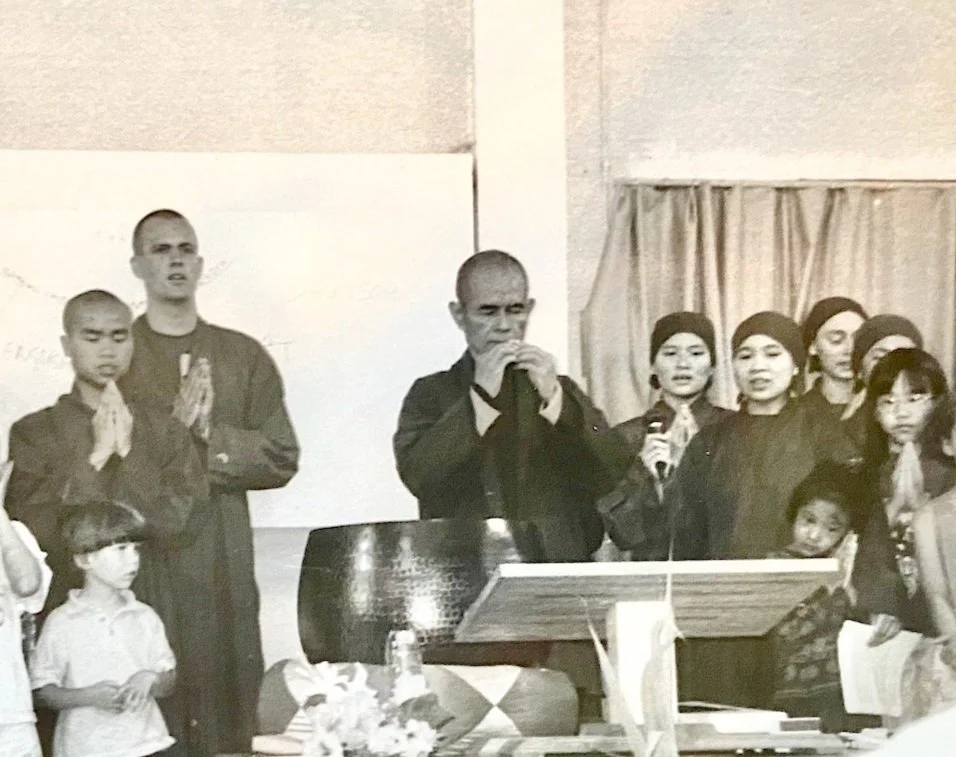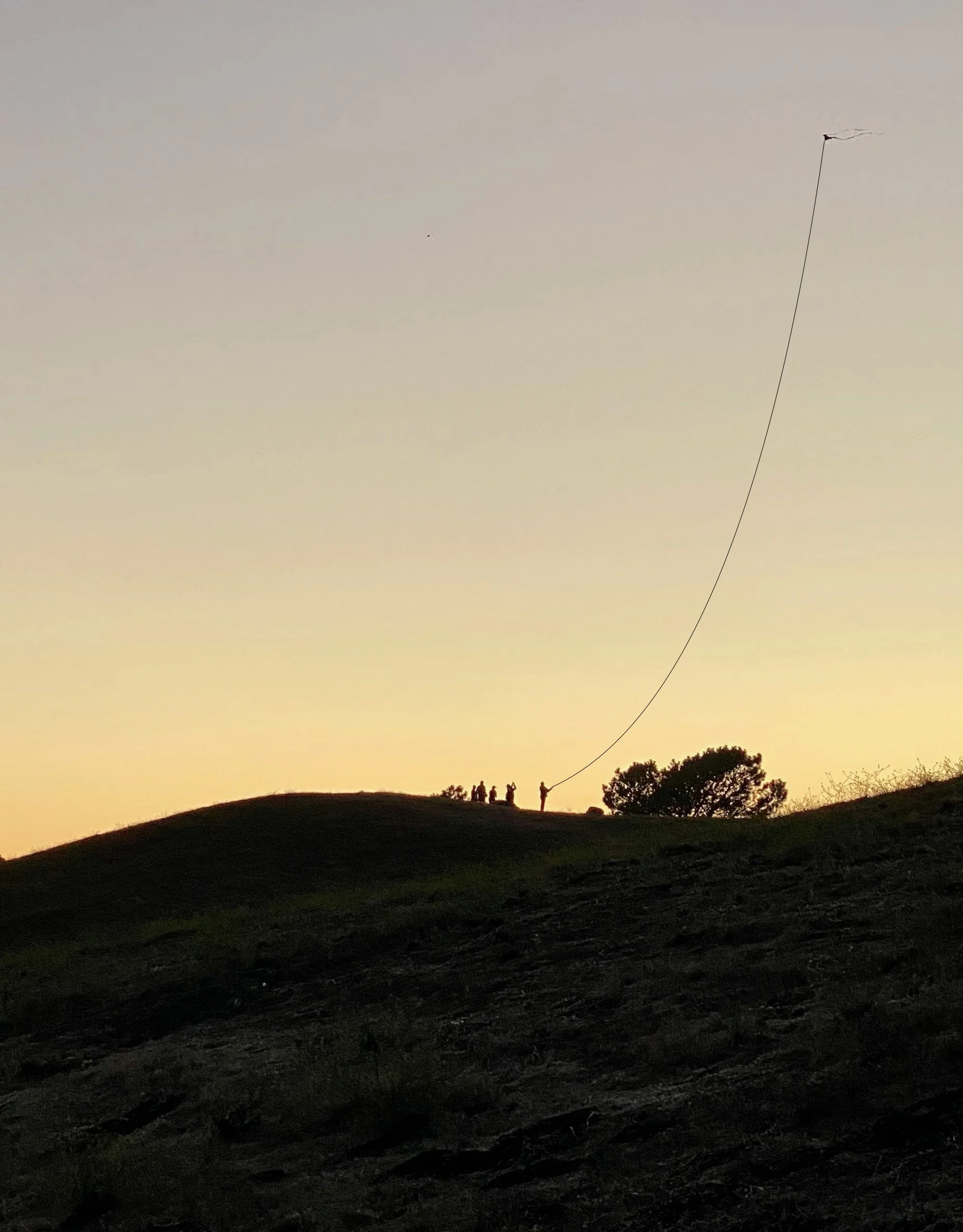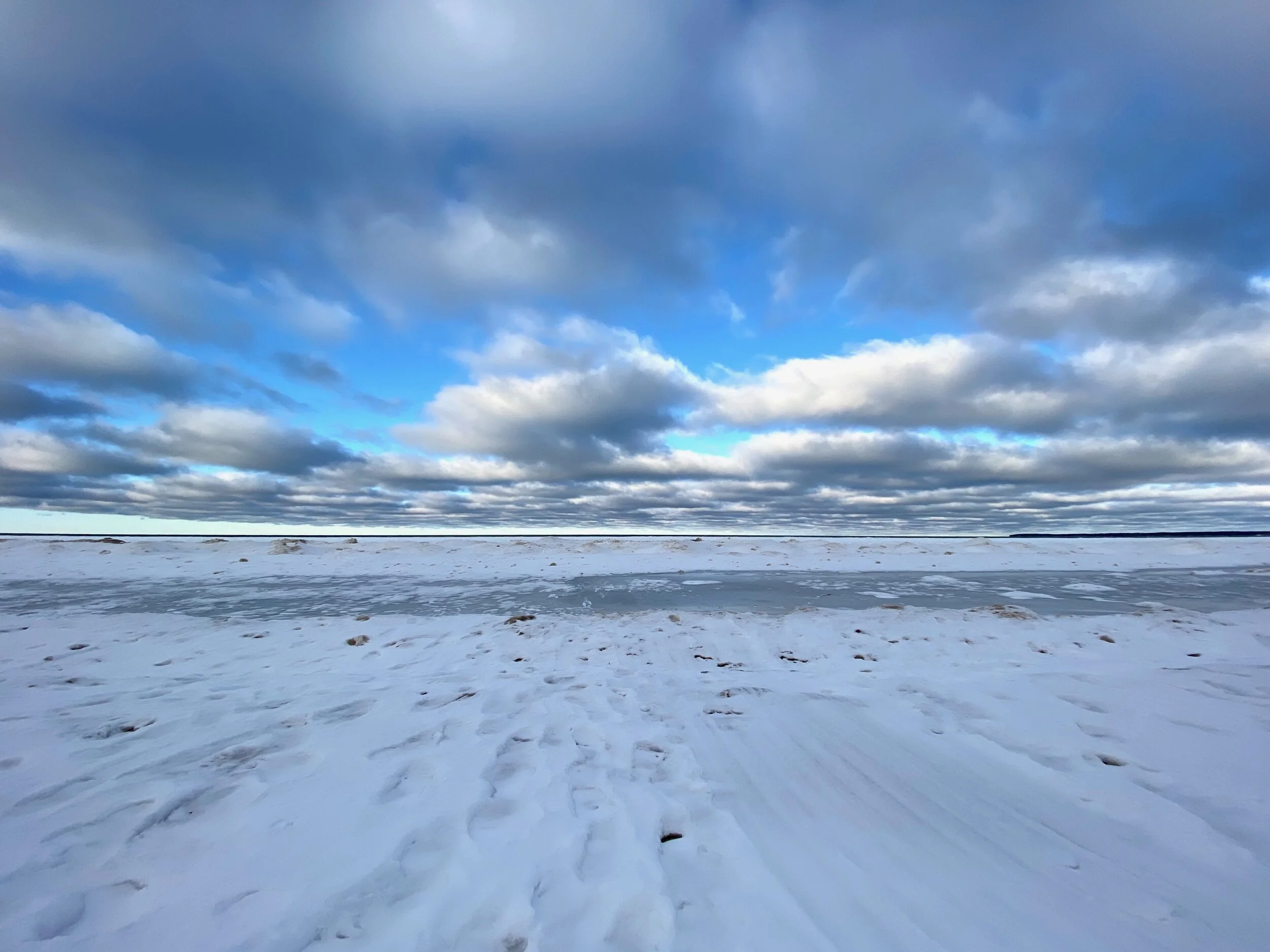Three years ago, in honor of Valentine’s Day, I recorded a video of myself singing I Will Survive. In the video, I’m wearing a gold lamé jumpsuit, long dark wig, and copious amounts of 70’s-inspired makeup, all of which I acquired for the purpose of the recording. I posted it on various social media with the following caption:
Aaaaah, Valentine’s Day. This sugary day on which singles feel alienated and coupled folks gaze at their significant others and secretly find them wanting. A day so laden with gooey expectation that the chance of getting through it without experiencing burning flashes of envy or disappointment is .3 percent (margin of error plus or minus 2)—whether or not you happen to be in menopause. This day on which everyone else seems to be getting fresher flowers, more thoughtful handmade cards, tastier food, and more passionate sex than you will ever have. This day on which, while arguing fiercely under your breath with your significant other at a restaurant, you’re acutely aware of other couples holding hands across the table and gazing soulfully into each other’s eyes. I, for one, have had some of the worst dates of my life on Valentine’s Day. I remember one such occasion, more than a quarter-century ago, in which I stomped out of an Italian restaurant, nearly knocking over the candle and setting fire to the checkered tablecloth, and started trudging home in the rain before my then-boyfriend and I had even had a chance to order, the stares of waitstaff and patrons burning holes in my indignant back as I made my dramatic exit. It is in honor of all this and more that I give you this Valentine’s offering, with mad respect to Gloria Gaynor for her timeless anthem, which has helped more of us get through breakups and heartaches of every stripe than any survey can possibly calculate. Because Yes, Yes, and again Yes! If we survived four years of Donald The Rump, we can definitely survive this day of white-tinged chocolate and brown-edged rose petals. So sing it loud and clear with me, friends—get up and dance, too, if the spirit moves you. Whoever you are, whether your couplehood or singledom strikes you today as blissful, miserable, or somewhere in the vast realm of the in-between: YOU. WILL. SURVIVE!
Read More
